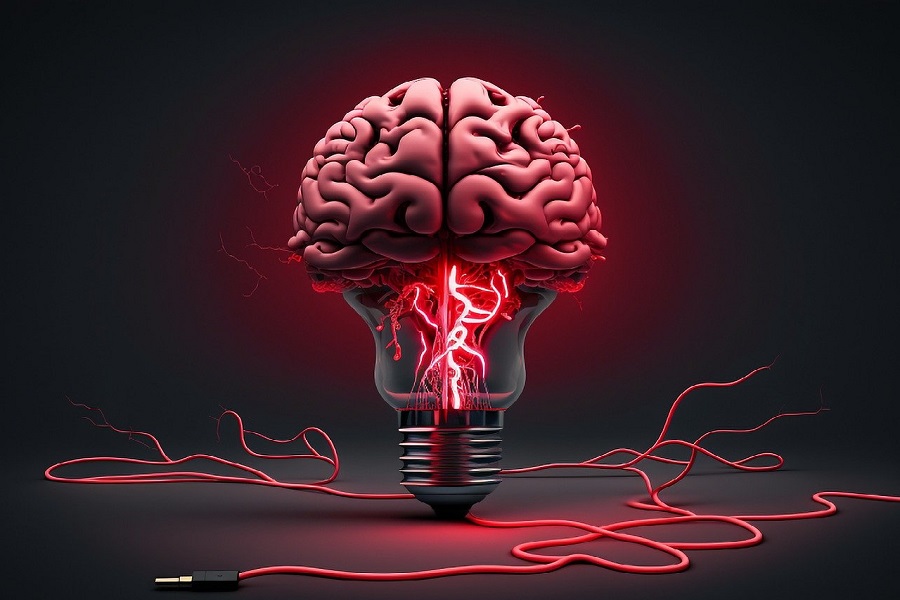Understanding the Negative Impact of Sugar on the Brain
The brain is a remarkable organ that requires a constant supply of energy to function optimally. Glucose, a type of sugar, serves as the primary fuel source for the brain. However, when the brain is exposed to excessive amounts of sugar, it can lead to detrimental effects. Let’s explore the negative effects of sugar on the brain:
1. Impaired Cognitive Skills and Decreased Self-Control
For many people, consuming even a small amount of sugar can trigger cravings for more. This craving resembles an addiction-like response in the brain. Scientists believe that sweet, salty, and fatty foods can activate the reward centre of the brain, leading to a loss of self-control, overeating, and subsequent weight gain. While this primitive drive helped early humans find calorie-rich foods for survival, it now contributes to modern epidemics of obesity and diabetes.
2. Drug-Like Effects in the Brain’s Reward Centre
The brain’s reward response occurs when specific structures are activated in response to rewards such as food, sex, or addictive drugs. High-glycaemic foods (those that cause rapid spikes in blood glucose levels) have been found to activate regions associated with the reward response. These foods provoke intense feelings of hunger and create an addictive drive in the brain. The glycaemic index classifies carbohydrate-containing foods based on their impact on blood sugar levels. High-glycaemic foods include items like white bread, sugary cereals, and pastries.
3. Reduced Brain-Derived Neurotrophic Factor (BDNF)
Research shows that a diet high in added sugar can reduce the production of brain-derived neurotrophic factor (BDNF). BDNF is crucial for new memory formation and learning. Lower levels of BDNF are associated with dementia and Alzheimer’s disease. Chronic inflammation in the brain caused by high sugar consumption can also damage neurons and synapses, impairing cognitive function.
4. Insulin Resistance and Amyloid Plaques
Prolonged exposure to high sugar levels can lead to insulin resistance, affecting the brain’s ability to efficiently utilise glucose. This disruption in glucose metabolism may contribute to the accumulation of toxic substances called amyloid plaques. These plaques are characteristic of Alzheimer’s disease.
5. Reducing the Negative Impact of Sugar on the Brain
Many people believe that sugar/carbohydrates are a necessary part of life, when they are not. Let me explain: Have you heard of the Essential Amino-Acids? Well guess what? They are essential and without them, we would eventually die. By the way, amino-acids are basically protein – so it goes without saying that we need to consume protein when we eat. Now, have you heard of Essential Fatty-Acids? Well guess what? We need those too and without them, we would eventually die. Have you ever heard of Essential Carbohydrates? You shouldn’t have, because they don’t exist – There is nothing essential about carbohydrates!
6. Oh but the brain needs glucose doesn’t it?
Yes it does and rather than us stuffing ourselves with pastries, pasta, potatoes, noodles and rice, we can let the body do it’s own thing. Even on the lowest carb diet, a process called gluconeogenesis produces small amounts of glucose in the liver – which keeps our brains ticking over nicely. By the way, our brains absolutely thrive on ketones, but that’s another story!
Conclusion
When considering the negative impact of sugar on the brain, it is important to point out that ‘sugar’ includes starchy white carbs (as they are converted to glucose during the digestive process). While sugar is essential for brain function, excessive consumption can have negative consequences. Maintaining a balanced diet and minimising added sugars can help protect your brain health and reduce the risk of neurological conditions. Remember, moderation is key!
This article (Negative Impact of Sugar on the Brain) was written by Bill Jones Mr Universe on Wednesday 8th May 2024 at 16:30 and is protected by copyright. By the way, you might be interested to read This Article, which is related to the one that you have just read. Also, here is an external link to a BBC article about reducing sugar and the positive effects it can have.
In this short video, Doctor Eric Berg discusses the Negative Impact of Sugar on the Brain.



